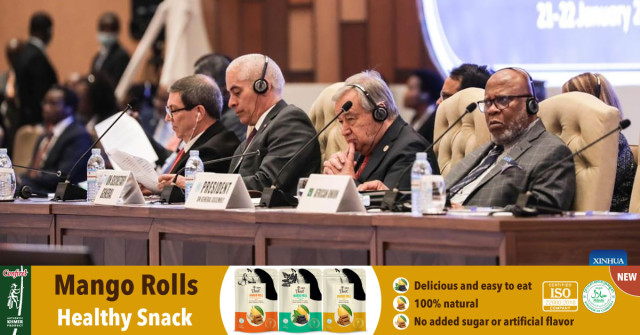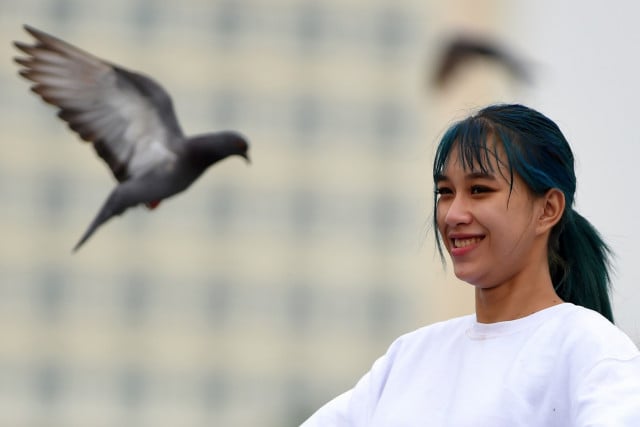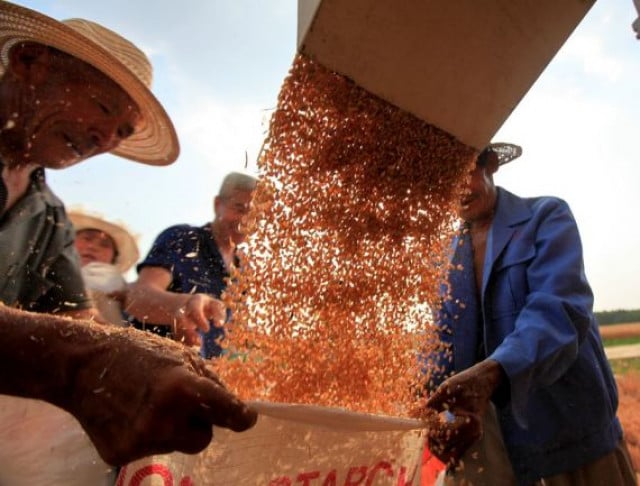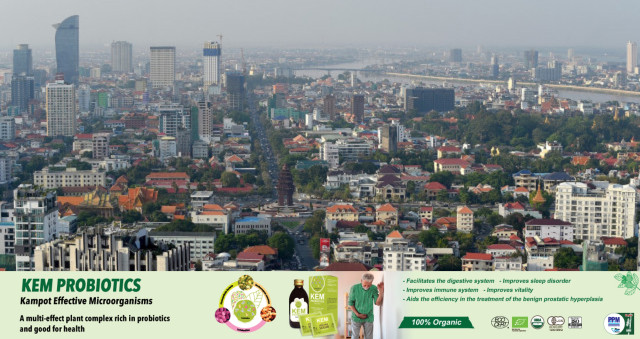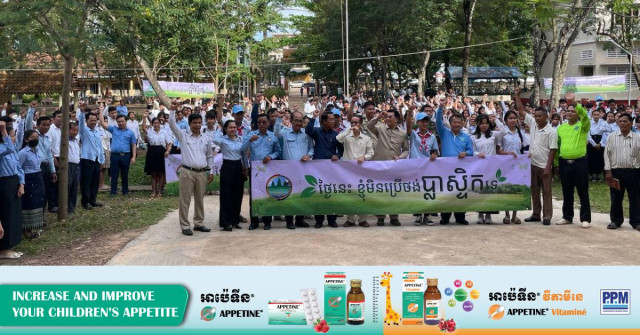US Exchange Study Strengthens Soft Skills
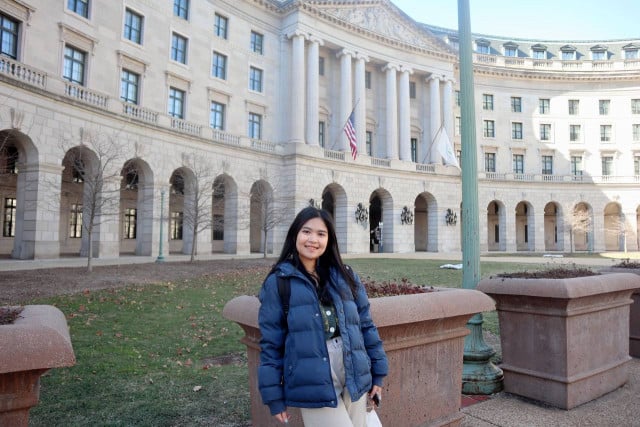
- By Ky Chamna
- December 24, 2022 9:00 AM
PHNOM PENH – After spending half a year in the United States as part of the Global Undergraduate Exchange Program (Global UGRAD) 2021-22, Sok Sonita, a graduated student in business major, talks about what she has gained in independence and soft skills. At the same time, cultural and lifestyle differences were among the barriers she had to tolerate.
Ky Chamna: You have been studying at the American University of Phnom Penh. Upon your arrival at the university in the US, how similar and different was it from the one in Cambodia? Was it more or less challenging?
Sok Sonita: Being an AUPP student who is studying the dual-degree program with an American-style curriculum and foreign professors definitely gave me an upper-hand advantage of adapting quickly both physically and mentally. It also helps me handle the workload and deadlines effectively and efficiently. I was also already familiar with e-learning and other technological platforms, such as Canvas, as they were also used in my home university. The major difference for me is the class schedule. The latest class time in Cambodia would end at 5pm, however, in America, some classes end at 9.15pm. I remember studying international business every Wednesday until 9.15pm and walking back to my dorm so late at night, and it is definitely something I would not experience in Cambodia. Moreover, most student activities organised by the Student Government, such as Crepe Night, Karaoke Night, Easter Hunting Night, all started at 9.30pm to ensure that every student can attend without clashes with their class time.
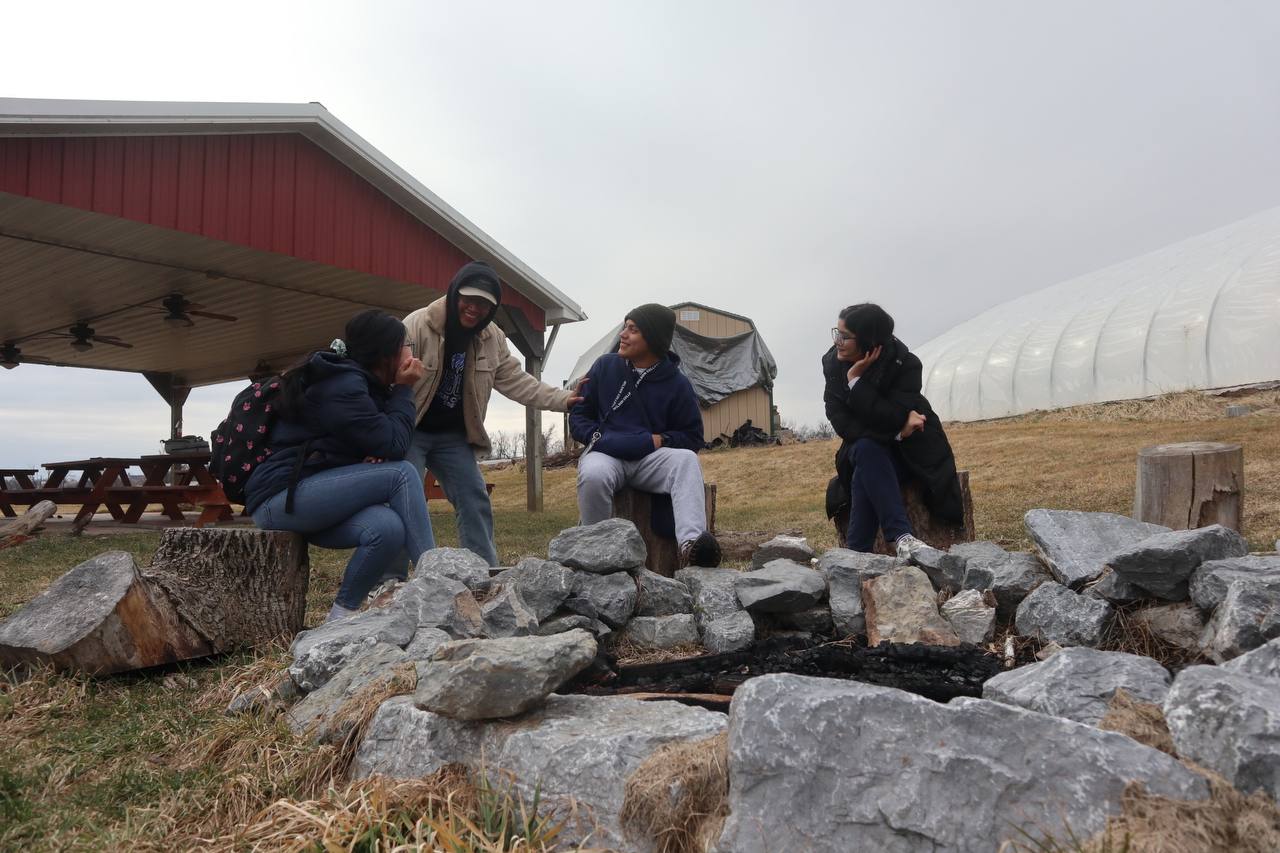
Ky Chamna: How did you prepare yourself to become a selected candidate? How difficult was the application phase and the interview phase? Were there any questions that caught you off guard?
Sok Sonita: To become a selected candidate for Global UGRAD, I spent a sufficient amount of time on understanding the eligibility and the program’s objectives, while also talking with many of their alumni. The application and interview phase was a challenging and lengthy one year. The good part was that I was already gaining new insights even before getting selected, such as preparing recommendation letters, filling visa applications, and processing the health check-up procedure. The question that caught me off-guard was the “Can you provide us a situation where you solved an issue using your leadership skills?”. Even though I have experienced many situations as such, it caught me by surprise because this question requires us to quickly come up with a realistic example. In the end, I used my time as the leader of a group project as an example and linked it to my personal leadership skills and core values.
Ky Chamna: As stated inside the application website, “Participants will live in campus housing facilities with American peers”. How was your experience sharing your space with other students from another corner of the world?
Sok Sonita: Many of my most memorable life experiences happened while living in the dorms. I was fortunate to have caring and understanding roommates with similar points of interest as me. One was from El Salvador and we enjoyed baking, DIY our room decoration, and grabbing late-night food together. We also flew for five hours to another city called Seattle for a three-day trip. We also went on a bus trip to Philadelphia and Washington DC together. I would say it was a great cultural bonding experience with her and other dormmates. There is a shared living space called “Sarah’s Cupboard” where many of our dormmates would gather around to play board games, piano or just chitchat. We also had a bonfire party with marshmallows and many other events in the dorm.
Ky Chamna: For those six months living in America, what did you study at their university? Can you share with us more about the institutional visits or extracurricular activities which you attended?
Sok Sonita: For those six months, I was studying two business-related courses, two elective courses and one general course on US history. Outside school time, I volunteered at different places such as Sarah’s food pantry, the Elder Cares Center, the forest and the church. I was also part of the archery club. My school also took me to Washington DC a few times where we got to visit famous landmarks, such as the Capitol building and the Lincoln statue. During my spring break, I enjoyed visiting California, home to Hollywood, Malibu and Disneyland. My program also funded me to attend Katy Perry’s concert in Las Vegas. Other states I visited were Florida, New York, Chicago, Arizona and more.
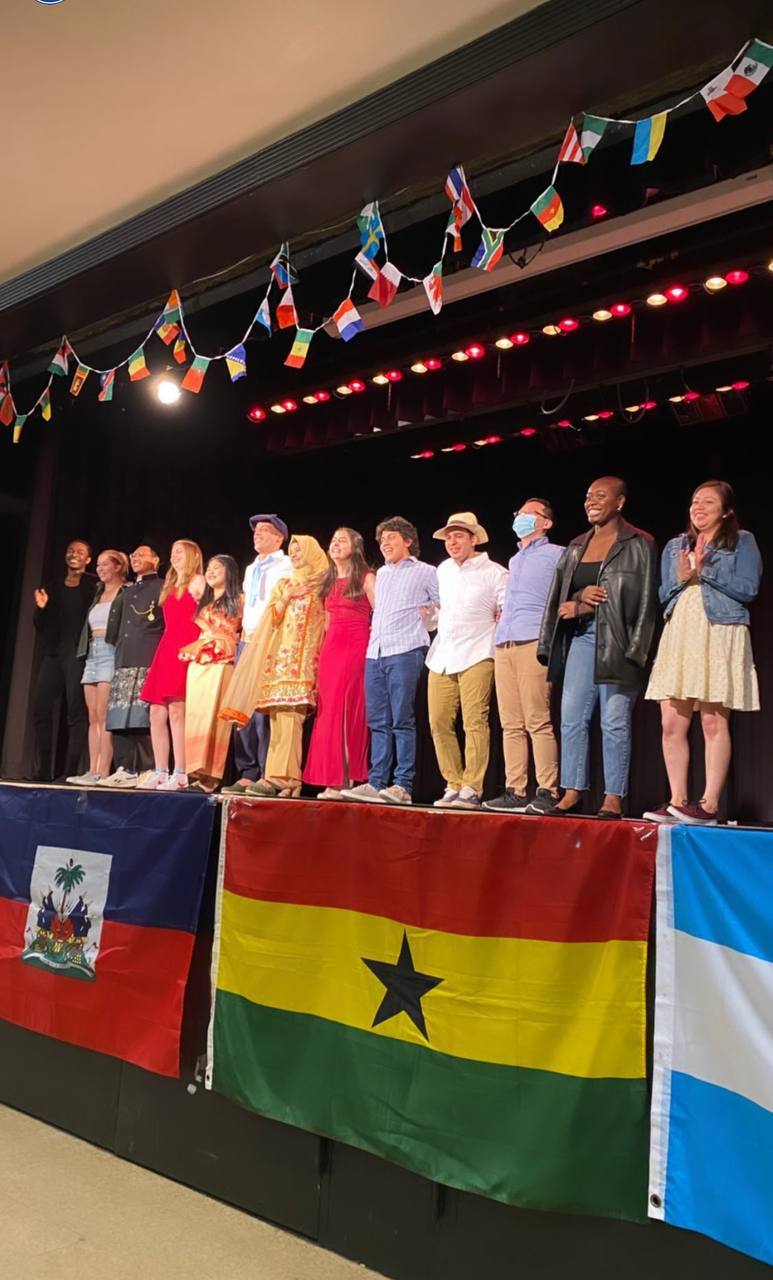
Ky Chamna: In general, what have you learnt from this scholarship as a whole?
Sok Sonita: Firstly, the scholarship built me to become a more independent person. I now believe that I can do anything as long as I put my mind to it. This confidence and attitude lead me to achieve greater things, reach further milestones, and unlock bigger potentials in me. Secondly, I also learned that it is a beautiful world when different cultures come together as one. The greatest gift I brought home was the gift of friendship and network across the globe. Thirdly, I understand the value of contributing back to society. I am grateful for World Learning for giving me this rare opportunity.
Ky Chamna: From personal experience and generally speaking, do you think studying abroad really produces a huge difference when compared to Cambodia? Can you please say why?
Sok Sonita: I definitely think that studying abroad enriches us with both hard and soft skills by pushing you out of your comfort zone. It was an eye-opening experience waking up every morning to at least one new lesson or experience. It also gives you the extra push to get to know other people who do not speak the same language or share the same food and lifestyle as you. I would encourage everyone, especially women, to fight the social stigma, break open this invisible prison of social norms, and diminish any barriers that prevent women from achieving their dream, one of which is receiving education abroad.






